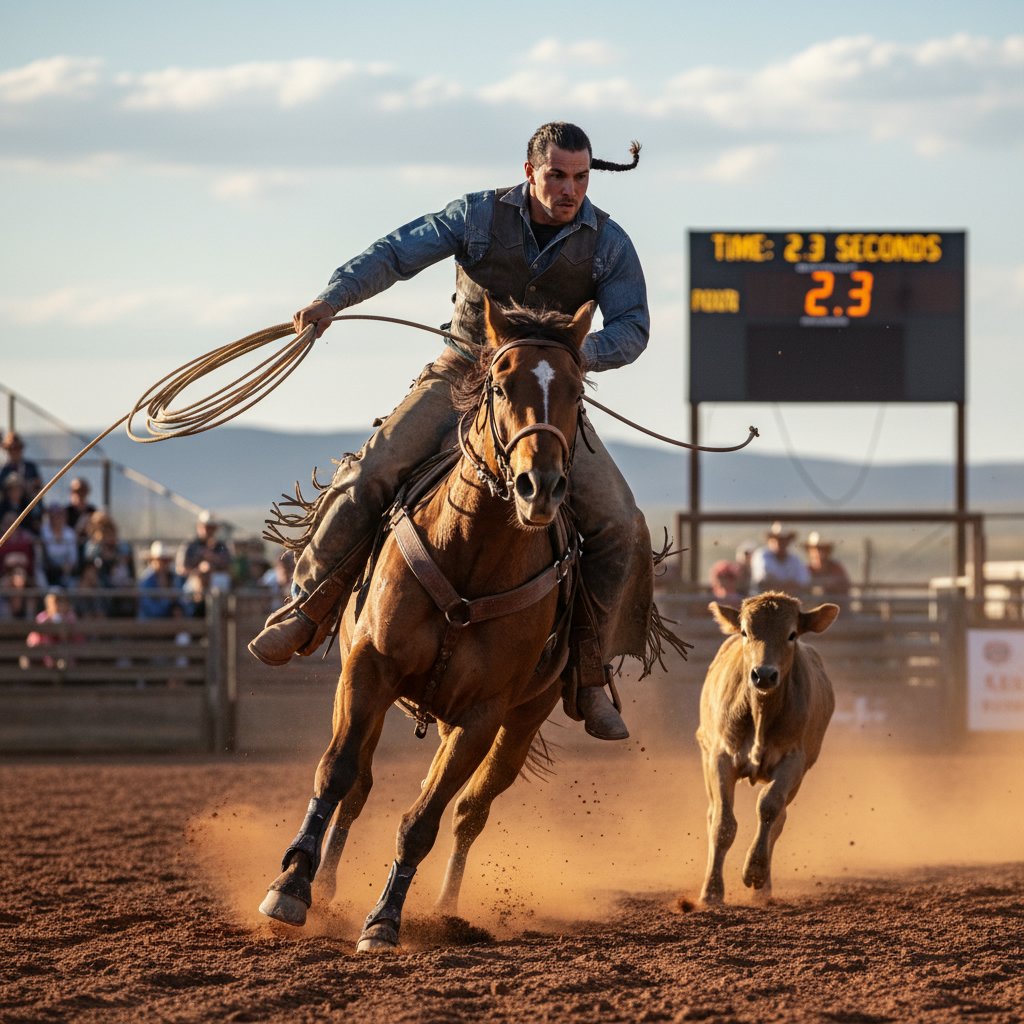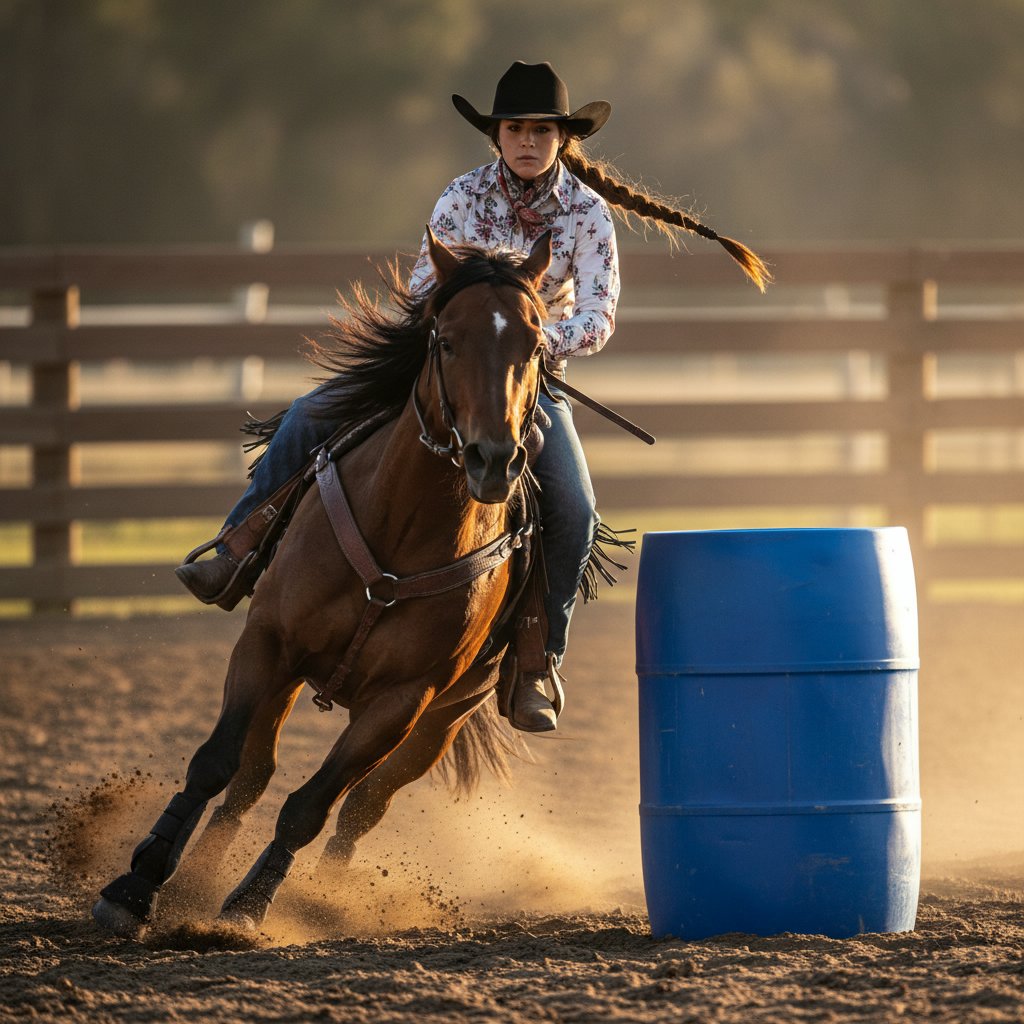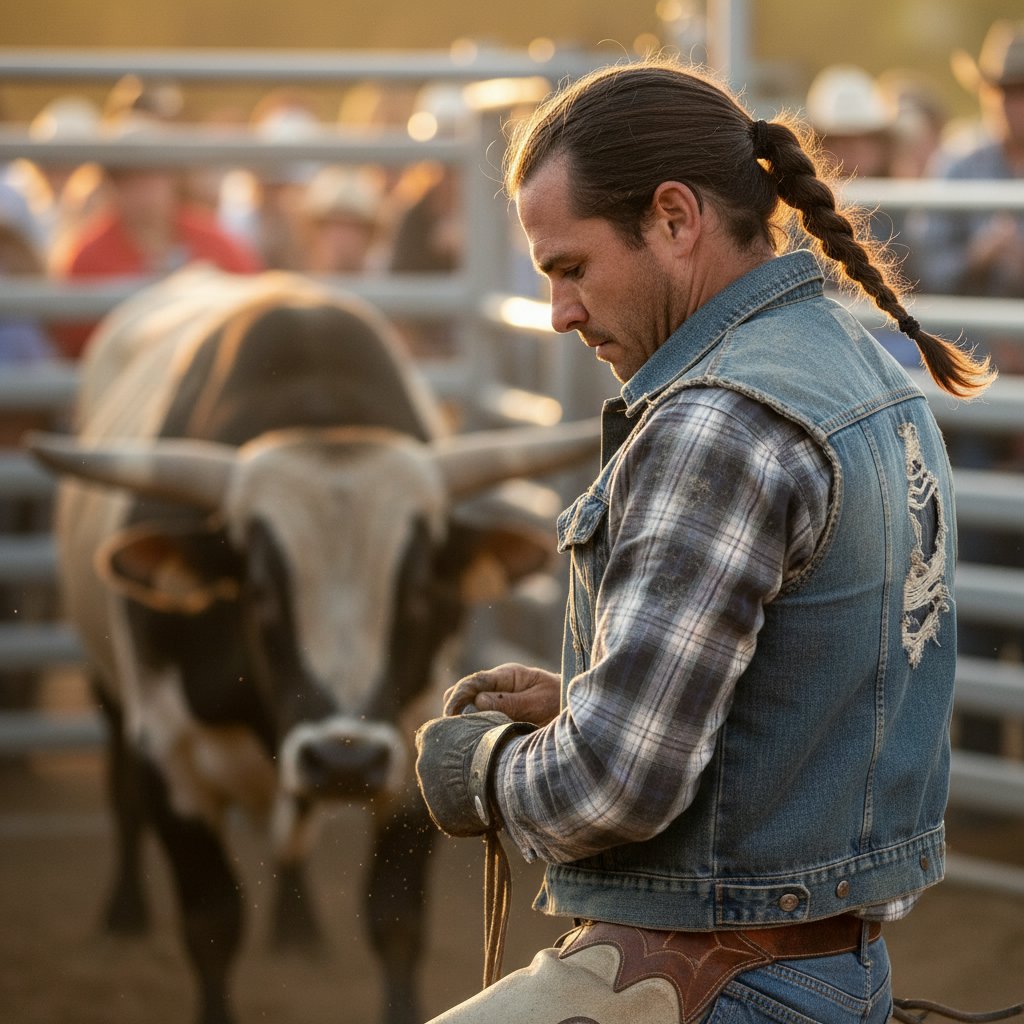Caffeine for Hair Growth: Does It Work? Complete Research Review | The Science of Healthy Hair
Introduction: The Morning Jolt for Your Follicles
Most of us cannot imagine starting our day without a steaming cup of coffee. It is the fuel that wakes up the brain, stimulates the central nervous system, and prepares us for the challenges ahead. But recently, the beauty and wellness industry has been buzzing with a different application for this beloved stimulant: applying it directly to the scalp. The question on everyone's mind is simple: Caffeine for hair growth—does it work?

As hair loss concerns continue to rise among both men and women due to stress, genetics, and environmental factors, the search for non-invasive, topical solutions has intensified. Caffeine has emerged as a star ingredient in shampoos, conditioners, and scalp serums, promising to reduce shedding and stimulate new growth. But is this merely marketing hype, or is there legitimate science brewing behind the bottle?
In this complete research review, we will strip away the anecdotal evidence and dive deep into the clinical studies. We will explore how caffeine interacts with hair follicles on a cellular level, the difference between drinking coffee and topical application, and what you can realistically expect from incorporating caffeine into your hair care regimen. Whether you are battling androgenetic alopecia or simply seeking thicker, more resilient strands, understanding the mechanism of caffeine is the first step toward a healthier scalp.
The Biology of Hair Growth and Loss
To understand how caffeine impacts hair, one must first understand the hair growth cycle and the enemies of the follicle. Hair growth is not a continuous, linear process; it occurs in distinct phases. The Anagen phase is the active growth stage, which can last anywhere from two to six years. The Catagen phase is a short transitional period, and the Telogen phase is the resting stage where the hair eventually sheds.

In individuals suffering from pattern hair loss (androgenetic alopecia), a hormone called Dihydrotestosterone (DHT) plays a villainous role. DHT is a derivative of testosterone that binds to receptors in the hair follicles, specifically in the scalp. This binding causes the follicles to miniaturize—they shrink over time, producing thinner, shorter, and more brittle hair until they eventually stop producing hair altogether. This process also shortens the Anagen phase, meaning hair falls out faster than it can be replaced.
This is where the search for DHT blockers begins. While pharmaceutical interventions like finasteride are common, they come with potential systemic side effects. This has led researchers to investigate topical agents that can counteract the effects of DHT locally, without disrupting the body's hormonal balance. Enter caffeine.
The Mechanism: How Caffeine Interacts with Follicles
Scientific interest in caffeine for hair growth gained significant momentum following a landmark study published in the International Journal of Dermatology in 2007 by Dr. T.W. Fischer and his team. The study involved taking hair follicle biopsies from men suffering from androgenetic alopecia and cultivating them in a lab setting.

1. Blocking the Effects of DHT
The researchers exposed these follicles to testosterone (to mimic the balding process) and then treated them with caffeine. The results were groundbreaking. The study found that caffeine effectively counteracted the suppressive effects of testosterone on hair growth. In essence, caffeine acted as a shield, preventing the DHT from miniaturizing the follicle and cutting off its energy supply.2. Stimulation of Cell Proliferation
Beyond just defense, caffeine went on the offense. The research showed that caffeine stimulated the proliferation of keratinocytes—the cells that make up the hair matrix. Even in follicles that were not exposed to testosterone, caffeine increased the hair shaft elongation. This suggests that caffeine has a direct growth-promoting effect independent of its ability to block DHT.3. Phosphodiesterase Inhibition
On a biochemical level, caffeine acts as a phosphodiesterase inhibitor. By inhibiting this enzyme, caffeine increases the levels of cyclic adenosine monophosphate (cAMP) inside the cells. Elevated cAMP levels stimulate cellular metabolism and energy production. Since hair growth is a highly energy-demanding process, this metabolic boost provides the fuel necessary for rapid cell division and hair elongation.Topical Application vs. Drinking Coffee
A common misconception is that increasing your daily coffee intake will lead to luscious locks. Unfortunately, the digestive system does not deliver caffeine to the hair follicles efficiently enough to make a difference.

To reach the necessary concentration of caffeine in the hair follicles to stimulate growth, a person would need to drink approximately 50 to 60 cups of coffee per day. Consuming this amount of caffeine would be toxic to the cardiovascular and nervous systems, leading to palpitations, anxiety, and potentially fatal consequences.
Furthermore, when ingested orally, caffeine is distributed throughout the entire body, leaving only a minuscule amount to reach the scalp. Conversely, topical application is highly effective. Studies using mass spectrometry have shown that when caffeine is applied via a shampoo or serum, it penetrates the hair follicle and the surrounding skin within 2 minutes. Once absorbed, the caffeine remains detectable in the follicle for up to 48 hours, even after the hair has been rinsed. This creates a "depot" effect, where the active ingredient continues to work long after the shower is over.
The Benefits of Caffeine Shampoos and Serums
Based on the research, incorporating high-quality caffeine products into a professional hair care routine offers several distinct benefits:

Extension of the Anagen Phase
By neutralizing the effects of DHT, caffeine helps to keep the hair in the Anagen (growth) phase for a longer duration. This results in longer hair strands and a reduction in the premature shedding associated with the Telogen phase.Improved Scalp Microcirculation
While not the primary mechanism for growth, caffeine is a known vasoconstrictor when applied to the skin, but paradoxically, it can improve microcirculation when combined with massage. Improved blood flow ensures that the hair root receives adequate oxygen and nutrients (vitamins, minerals, and amino acids) required for protein synthesis.Strengthening the Hair Shaft
Research indicates that caffeine treatments can result in a thicker hair shaft diameter. Thicker hair is more resilient to breakage and styling damage, creating an overall appearance of volume and density.Caffeine and Female Pattern Hair Loss
While much of the early research focused on male pattern baldness, subsequent studies have shown that caffeine is equally, if not more, effective for women. Female pattern hair loss is also influenced by androgens, though the pattern of thinning is diffuse rather than concentrated at the hairline or crown.

A study conducted at the University of Jena in Germany specifically looked at the effects of caffeine on female hair follicles. The results mirrored the male studies: caffeine successfully counteracted the growth-inhibitory effects of testosterone and stimulated hair growth. Given that women are often more hesitant to use strong pharmaceutical interventions due to pregnancy or side effects, caffeine shampoos represent a safe, cosmetic alternative for managing thinning hair.
Complementary Ingredients: The Power of Synergy
Caffeine rarely works alone in professional formulations. To maximize efficacy, it is often paired with other active ingredients that support scalp health and hair structure. When selecting a product, look for these synergistic combinations:

- Niacinamide (Vitamin B3): Improves the barrier function of the scalp and reduces inflammation, creating a healthy environment for growth.
- Zinc PCA: Regulates sebum production and inhibits the enzyme 5-alpha-reductase, which converts testosterone to DHT, providing a dual-action defense alongside caffeine.
- Biotin: Essential for the production of keratin, the protein that makes up hair.
- Castor Oil: Often used as a carrier in serums to provide moisture and fatty acids to the hair shaft.
Potential Side Effects and Limitations
While caffeine is generally considered safe for topical use, it is not a miracle cure for baldness. It is important to manage expectations.

1. It cannot revive dead follicles: If a hair follicle has completely atrophied and scarred over (as seen in late-stage baldness), caffeine cannot resurrect it. It works best on follicles that are still active but producing thinner hairs (miniaturization).
2. Dryness: Caffeine can be drying to the hair fiber itself. Therefore, it is crucial to use a moisturizing conditioner on the mid-lengths and ends of the hair, keeping the caffeine product focused on the scalp.
3. Consistency is key: Because caffeine is metabolized by the body, its effects are temporary. If you stop using the product, the DHT protection is removed, and hair loss will likely resume its previous course.
Professional Tips for Using Caffeine Hair Products
To get the most out of your caffeine-infused regimen, follow these professional tips:
- The 2-Minute Rule: Since it takes approximately two minutes for caffeine to penetrate the follicle, do not rinse your shampoo immediately. Massage it in and let it sit while you wash your body or shave.
- Daily Application: For the best results, the follicle needs a constant supply of energy. If you do not wash your hair daily, utilize a leave-in scalp tonic or serum on non-wash days.
- Scalp Massage: Apply products with a vigorous scalp massage. This not only helps penetration but also mechanically stimulates blood flow.
- Read the Label: Ensure caffeine (often listed as Caffeine, Coffea Arabica Extract, or Green Coffee Extract) is high up on the ingredient list, not just a trace additive at the bottom.
Frequently Asked Questions (FAQ)
Q: Can I just put brewed coffee on my head? A: We do not recommend this. The pH of brewed coffee is acidic and can disrupt the scalp's microbiome. Furthermore, the concentration of caffeine in brewed coffee is not optimized for transdermal absorption. Professional products are formulated with the correct pH and delivery systems to ensure penetration.
Q: How long does it take to see results? A: Hair growth is a slow process. While the caffeine starts working immediately to protect the follicle, visible changes in hair density and texture typically take 3 to 6 months of consistent use.
Q: Will caffeine shampoo dry out my hair? A: Some formulations can be drying. It is essential to use a high-quality conditioner on the ends of your hair. If you have naturally dry or curly hair, look for caffeine shampoos that are sulfate-free and contain moisturizing agents like panthenol.
Q: Can I use caffeine products with Minoxidil? A: Yes, many dermatologists suggest that caffeine and Minoxidil can be used together. They work via different mechanisms, potentially offering a synergistic effect. However, always consult with a healthcare provider before combining treatments.
Q: Is it safe for color-treated hair? A: Most professional caffeine shampoos are color-safe, but it depends on the specific formulation. Look for "color-safe" or "sulfate-free" on the label to preserve your hair color.
Conclusion
The verdict is in: Caffeine is more than just a morning pick-me-up; it is a scientifically validated ingredient for combating hair thinning and promoting a healthy scalp environment. While it is not a cure-all for advanced hair loss, the research clearly demonstrates its ability to counteract DHT, stimulate cell metabolism, and extend the growth phase of the hair cycle.
For those noticing the first signs of thinning or simply wanting to be proactive about their hair health, incorporating a caffeine-based shampoo or serum is a low-risk, high-reward strategy. As with any hair care concern, consistency is the secret to success. By understanding the science and applying the product correctly, you can energize your roots and help your hair reach its fullest potential.
If you are concerned about significant hair loss, we always recommend consulting with a trichologist or a professional stylist who can assess your scalp condition and recommend a tailored treatment plan.


